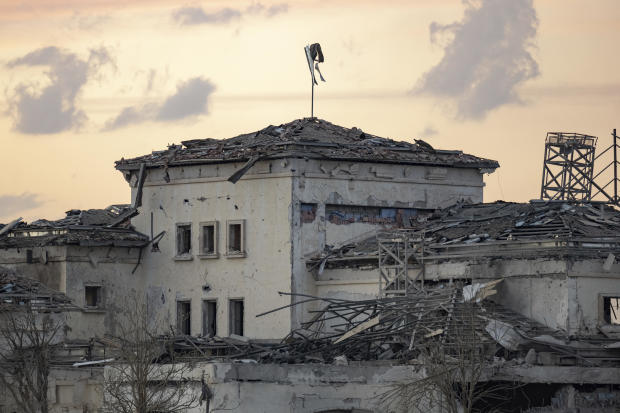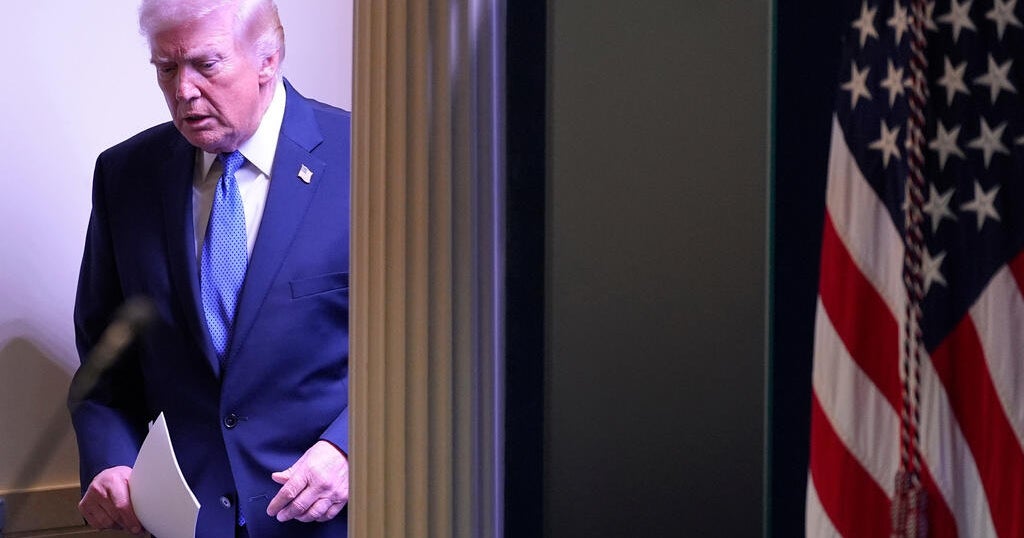U.S. sanctions Iranians after ballistic missile strikes in Iraq and Gulf states
Washington — The United States sanctioned Iranian defense companies Wednesday after a spate of ballistic missile attacks on targets in Iraq and the Gulf.
The U.S. and Iran's neighbors blame that country for a March 13 strike on Irbil, Iraq, and for repeated missile strikes into Saudi Arabia and the United Arab Emirates by Iranian-backed Houthi fighters in Yemen.
On Friday, a Houthi missile strike set ablaze a Saudi Aramco oil storage site, prompting warnings from angry Saudi leaders that the attacks threatened the stability of the world oil market.
Even as the U.S. carries out indirect negotiations with Iran for reviving limits on Iran's nuclear program, it will keep up penalties against those involved in Iran's ballistic missile production, Treasury Undersecretary Brian Nelson said in announcing the sanctions.
"We will also work with other partners in the region to hold Iran accountable for its actions, including gross violations of the sovereignty of its neighbors," Nelson said in a statement.
The Treasury Department said Wednesday's sanctions target an Iran-based procurement agent and his companies, which helped acquire propellant-related materials for the missile research program of Iran's Revolutionary Guard; an Iranian defense company; and an Iranian intermediary who also helped in the development of missile propellant.
The sanctions were authorized under an existing executive order targeting producers and supporters of weapons of mass destruction. The penalties allow the U.S. to block the assets of the sanctioned people and entities, and to prosecute others who do business with them.
Saudi Arabia and the United Arab Emirates have been at war against Iranian-backed Houthi fighters who have seized much of northern Yemen. Iran's Revolutionary Guard claimed responsibility for the March 13 strike on Erbil, and alleged it was targeting an Israeli strategic center there.




